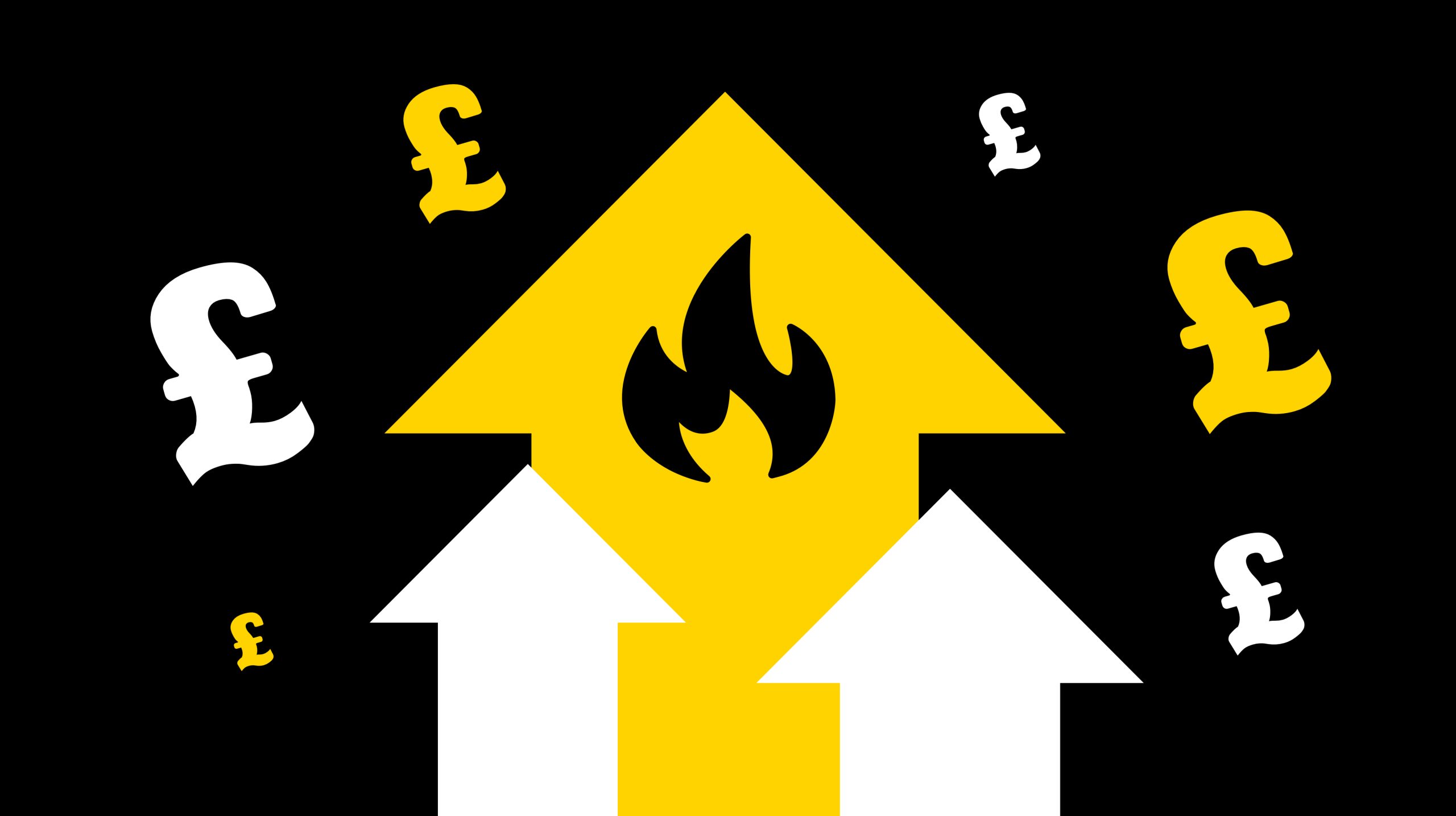The average dual fuel household paying by direct debit and those that prepay for energy using a prepayment meter could see annual bills of up to £1,800.
Commenting on the forecast increase, Matthew Cole, CEO of Fuel Bank Foundation, the national fuel poverty charity, said:
“Any hope of energy bills coming down have been dealt a major blow, with the latest forecasts pointing towards an increase of around three per cent in April, with some analysts forecasting an increase of up to five per cent. This would mark the third consecutive quarter of energy price hikes.





